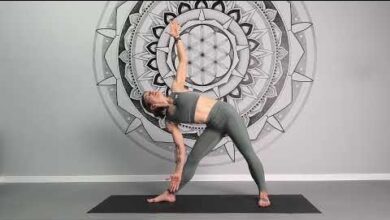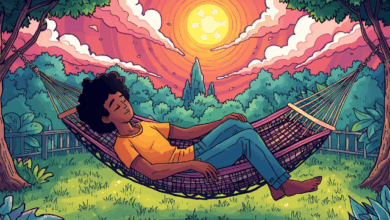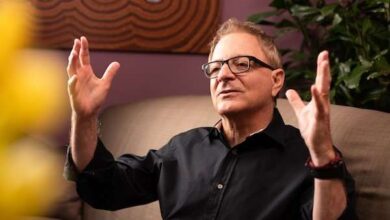The Freaky Science Behind Why Taking a Break Feels Wrong


Since this past weekend was a three-day-er, thanks to the Fourth of July holiday, I was genuinely looking forward to some downtime. My brain felt fried, and I just wanted to “be” without an agenda.
But of course, that’s when the guilt parade showed up in full regalia. “You should use this time for those creative projects sitting on your list. And those boxes for your move? Pam, they’re not going to pack themselves.”
Classic should-ing all over myself. Whenever I catch that happening, it’s usually my signal that I’m buying into some story about being lazy or letting obligation run the show.
Turns out there’s actual neuroscience behind why rest feels so uncomfortable. Your brain has this reward prediction system that’s basically stuck in caveman mode. It was designed to keep our ancestors alive by rewarding effort and struggle. If they weren’t actively hunting or building shelter, they might die.
But here’s the thing…when you’re not working toward something, your brain sends out these alarm signals. Rest doesn’t register as rewarding. It registers as dangerous.
If you’re someone who’s used to being super productive, this gets even more twisted. Your nervous system becomes addicted to that adrenaline rush of getting things done, and your brain adapts to expect constant stimulation. So, when you finally try to relax, everything in your system rebels against the stillness.
Scientists have a name for this: relaxation-induced anxiety. (Give it a Google…the information is fascinating.) The more you want and need to rest, the guiltier you feel about doing so. Your brain does this backwards math where accomplishing a lot means you can do more, so clearly you should do more.
But here’s what I’ve learned that helps: when that guilt shows up, get curious instead of fighting it. Ask yourself what story your brain is telling you right now. Usually it’s something like “productive people don’t rest” or “there’s always more to do.”
Then remember that rest isn’t the opposite of productivity. It’s what makes productivity possible. Your brain needs downtime to consolidate memories, process emotions, and literally clean out the metabolic waste that builds up in your neurons during the day.
Essentially, the most productive thing you can do when you’re fried and crispy is…absolutely nothing. Your brain will thank you for it, even if it takes a while to stop the should-ing.
Next time you feel that rest-guilt creeping in, set a timer for 20 minutes and do absolutely nothing productive. No phone, no organizing, no “quick tasks.” Just sit with the discomfort. Notice what stories your brain starts telling you. Write them down if you want.
Here’s what’s happening when you do this experiment: you’re literally retraining your nervous system to tolerate rest. Those first few minutes will feel awful. Your brain will throw a tantrum. But around the 15-minute mark, usually something shifts. Your parasympathetic nervous system finally gets the memo that you’re safe and it’s OK to take a break.
Do this a few times and you’ll probably start to notice the difference between actual tiredness (which needs rest) and that fake urgency your brain creates to keep you moving.
What’s your brain’s favorite guilt story when you try to rest? Maybe it’s “everyone else is getting ahead while you’re sitting here” or “you don’t deserve a break until everything on your to-do list is done.”
Comment below and tell me what your brain’s been whispering to you lately. I read every response and honestly, sharing helps us all realize we’re not alone in this weird internal battle between doing more and doing nothing.









